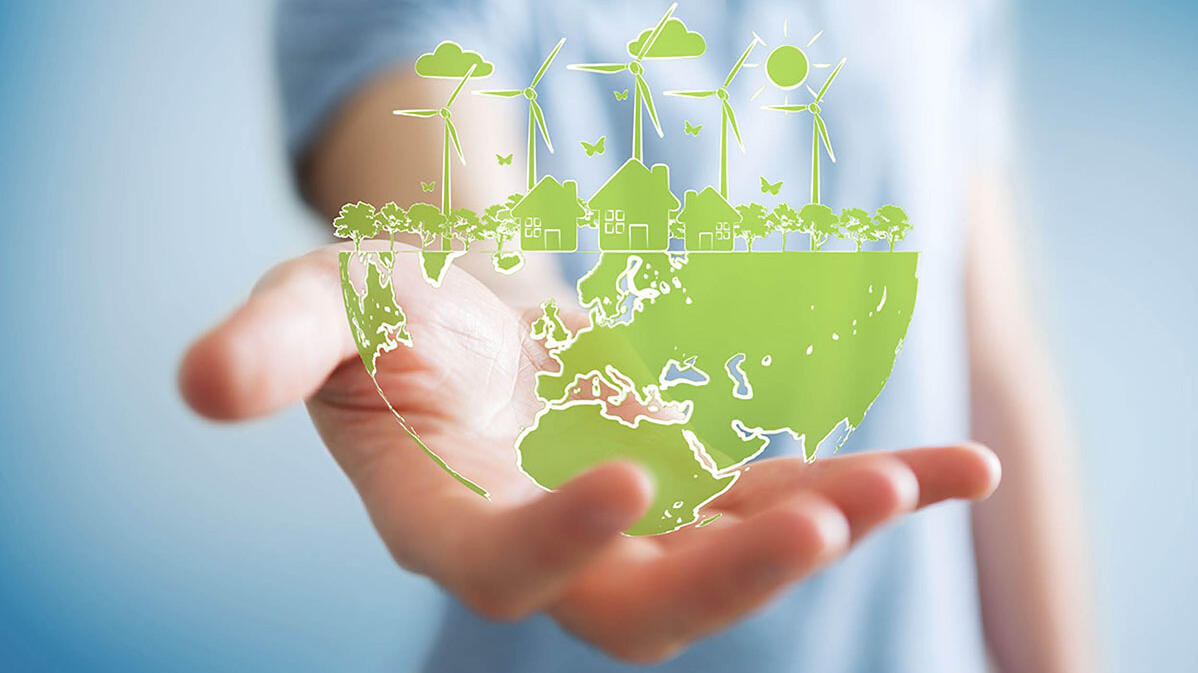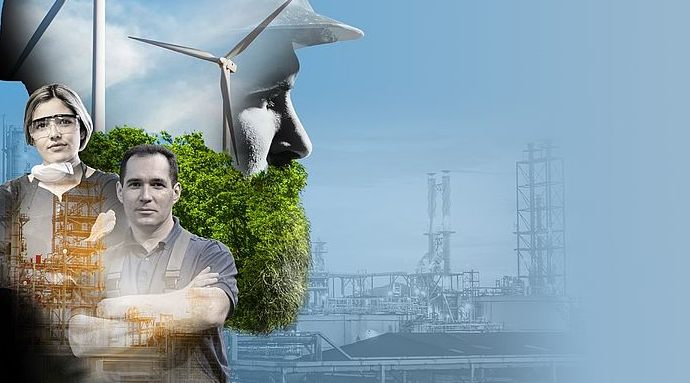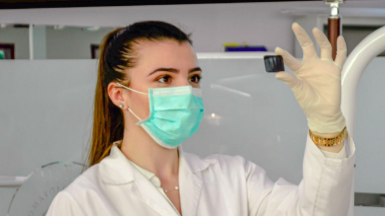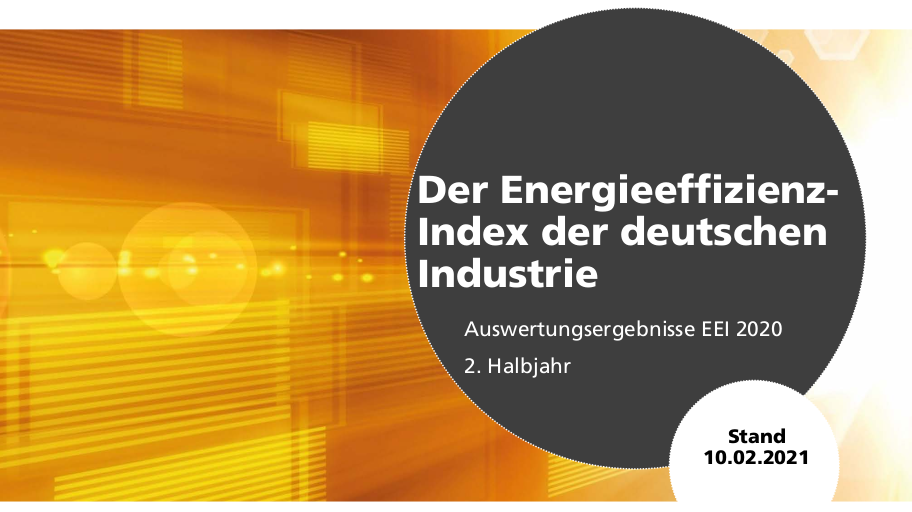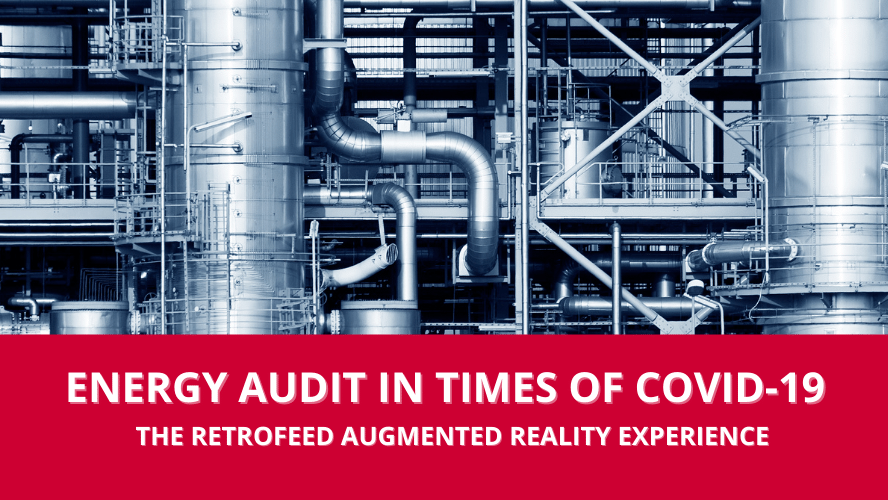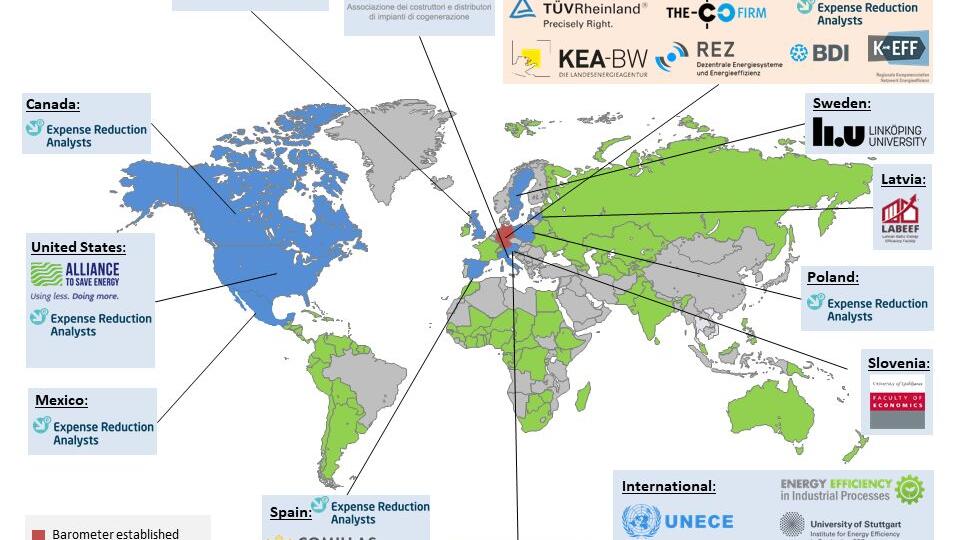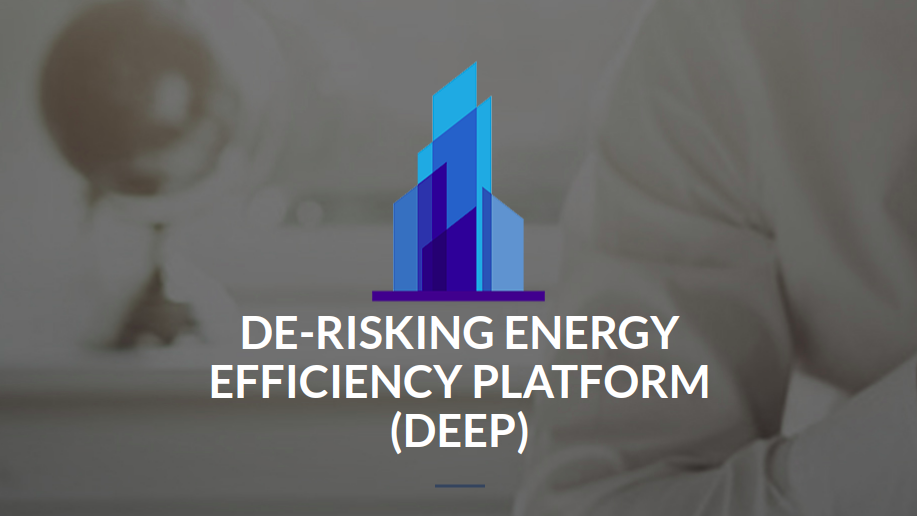 Renewable Energy
Renewable EnergyRenewable Energy
Ceramic production has had a pretty bad reputation when it comes to environmental issues. But that is starting to change. Gabriele Frignani is responsible for applied research at SACMI FORNI SpA*,. He is co-ordinating the DREAM project, an EU-funded research initiative. The project is testing the application of micro turbines for heat and power machinery. Frignani: "The pollution situation is a challenge, and will be even more more difficult" He says the next increase of natural gas or water prices will become a focus of the project. Fern Fignani says the pollution situation in the ceramics industry is a big cost factor, but there are no challenges that the industry is currently facing. There are no plans to change things in Europe to make ceramic production more sustainable, but the industry needs to be managed by the European Commission will be a challenge is definitely a challenge for the industry will be.
Read Full articleClimate protection in the company secures the future
More and more companies are setting their own targets for reducing emissions. They know that their own future and competitiveness are at stake. Some committed German companies are networking in the Climate Protection Companies initiative. Green energy networks help companies tap into new potential as well.
Read Full articleEnergy Efficiency Award - deadline 25 June
The German Energy Efficiency Award is endowed with prize money totalling 30,000 euros. Companies from any industry in Germany or abroad can apply online at energy efficiencyaward.de/en/apply/. The 18 nominees will be selected by a jury of.
Read Full articleGreen Revolution - Medium-sized companies show the way. Lessons from two spanish companies in the chemical industry
SATECMA, a chemical producer with several production lines, started its journey towards environmentally friendly products 20 years ago. DichaandHecho is an ecobrand focused on the development of novel cleaning products which are both effective and sustainable.
Read Full article17.02: Live briefing/PK on the results of the winter survey of the "Energy Efficiency Index of German Industry".
The 2020 winter survey of the Energy Efficiency Index (EEI) shows a renewed increase in the importance of energy efficiency within German industry. The Institute for Energy Efficiency in Production has been surveying current and planned energy efficiency activities in German industry every six months since.
Read Full articleEnergy audit and augmented reality: how to combine them? RETROFEED innovation accelerated by COVID-19
The event was organised by the RETROFEED project on 2 December 2020. It showcased the variety of innovative responses to the unanticipated circumstances brought upon industries. The event included some reflections of the European Commission, followed by a demonstration session of energy audit.
Read Full articlePowering an Energy Efficient Future
I moderated a webinar on energy efficiency for the IPFA as part of their energy transition series. This may be the last in the series but believe me, this is the most important element of the energy transition. I tend towards a fundamental position.
Read Full articleHow does COVID19 affect energy efficiency plans of industry?
Findings for Germany will be published at European Council for an Energy Efficient Economy (eceee)s Industry conference, global outcomes towards the turn of years. The questionnaire is accessible to manufacturing companies across 12 dedicated country versions and five further universal language versions.
Read Full articleGoing DEEP
The Energy Efficiency Financial Institutions Group (EEFIG) has over 15,000 projects. They provide a good indication of the risk factors involved in energy efficiency. The website has been updated to show Internal Rate of Return (IRR)/ Net Present Value.
Read Full articleBarriers to Data Collection in Industrial Energy Audits
The SO WHAT project aims to identify the core data needed for an industrial energy audit. The main barriers to data collection identified are hereby presented and briefly discussed. This article focuses on the barriers typically encountered in the data collection phase of an industrial audit.
Read Full article
